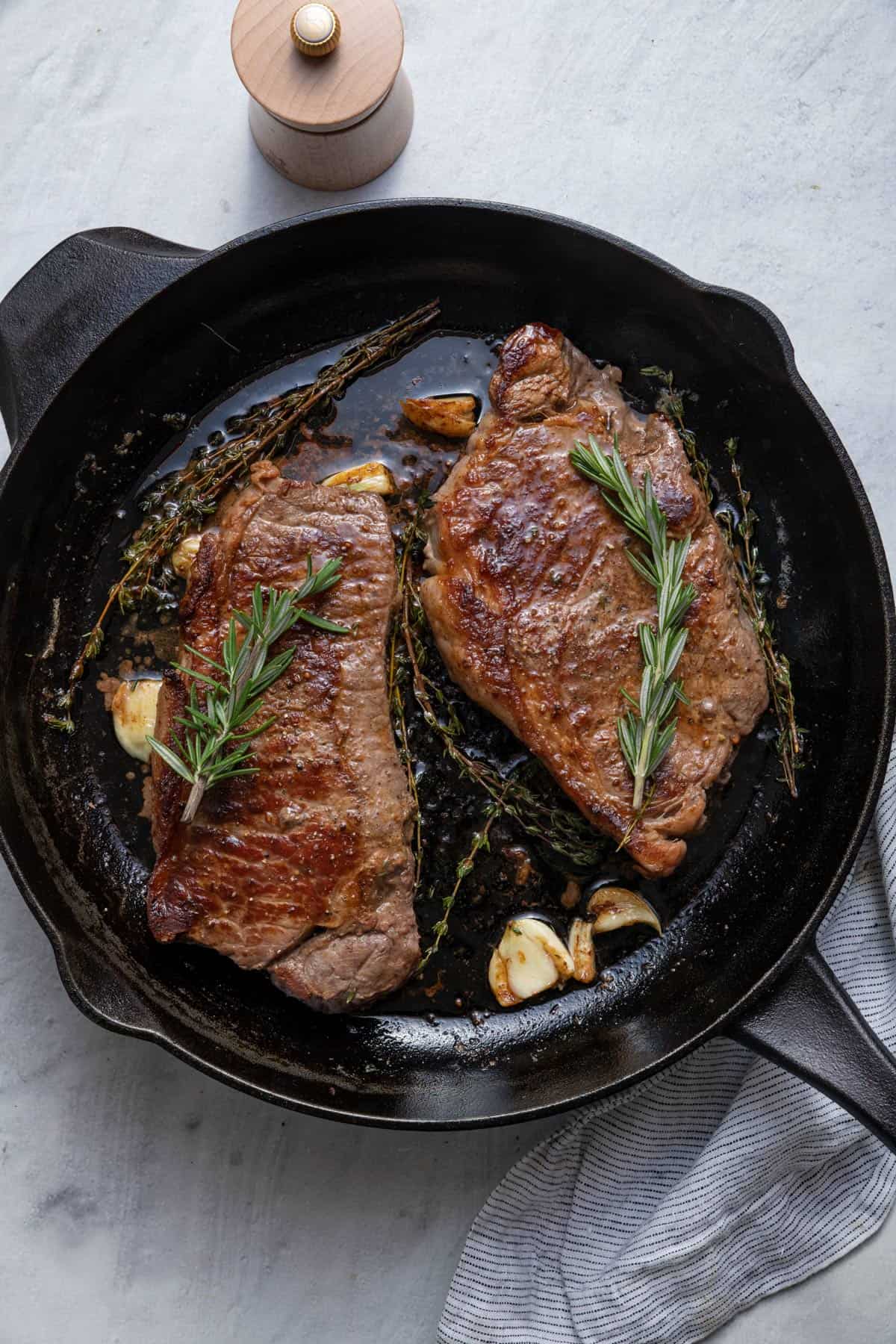Cooking with cast iron is a time-honored tradition that has been passed down for generations. Cast iron cookware is a versatile and durable option for cooking a wide range of dishes. In this article, we will explore the benefits of cooking with cast iron and provide tips on how to use and care for this unique cooking material.
First and foremost, cast iron is an excellent conductor of heat. It heats up evenly and retains heat well, making it an ideal choice for searing, browning, and frying. Cast iron is also perfect for slow-cooking and can be used in the oven or on the stovetop. The heat retention of cast iron means that dishes can be kept warm for longer, even after being taken off the heat.
Another benefit of cooking with cast iron is its versatility. Cast iron skillets and pots can be used to cook a wide range of dishes, from meats and vegetables to bread and desserts. Cast iron can be used on any type of stovetop, including gas, electric, and induction. Cast iron cookware can also be used over an open flame, making it a great option for camping or outdoor cooking.
One of the unique features of cast iron cookware is its non-stick surface. When properly seasoned, cast iron develops a natural non-stick surface that is free of harmful chemicals. This makes cast iron an excellent choice for cooking delicate foods like eggs or fish, as well as sticky or sugary dishes like caramel or fruit crisps.
Using and caring for cast iron cookware requires a bit of extra attention, but the benefits are well worth the effort. To use cast iron, it is important to preheat the pan before adding any food. This ensures that the heat is evenly distributed and prevents sticking. Cast iron cookware should also be seasoned before first use and periodically thereafter. Seasoning involves coating the surface with a thin layer of oil and heating it until it becomes polymerized, creating a non-stick surface.
When it comes to cleaning, cast iron requires a bit of extra care. Cast iron should never be soaked in water or washed with soap, as this can damage the seasoning. Instead, cast iron should be cleaned with hot water and a stiff brush, and then dried thoroughly before being stored. Cast iron should also be oiled periodically to maintain its non-stick surface and prevent rusting.
In conclusion, cooking with cast iron is a versatile and durable option for home cooking. Cast iron provides even heat distribution, non-stick cooking, and can be used for a wide range of dishes. While it requires a bit of extra care when cleaning and maintaining, the benefits of cooking with cast iron are well worth the effort. With proper care, cast iron cookware can last a lifetime and provide delicious meals for generations to come.








